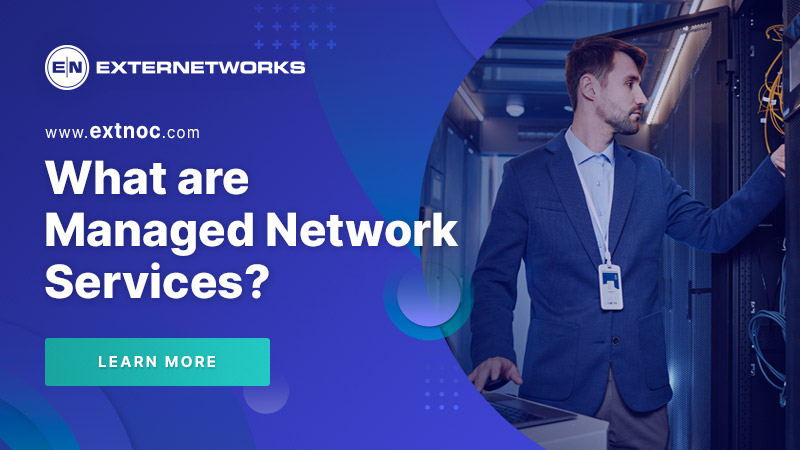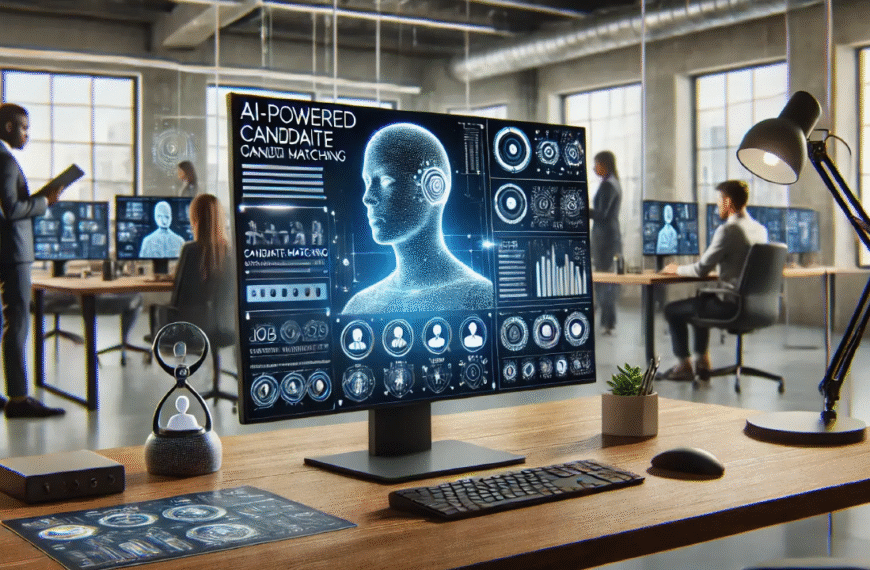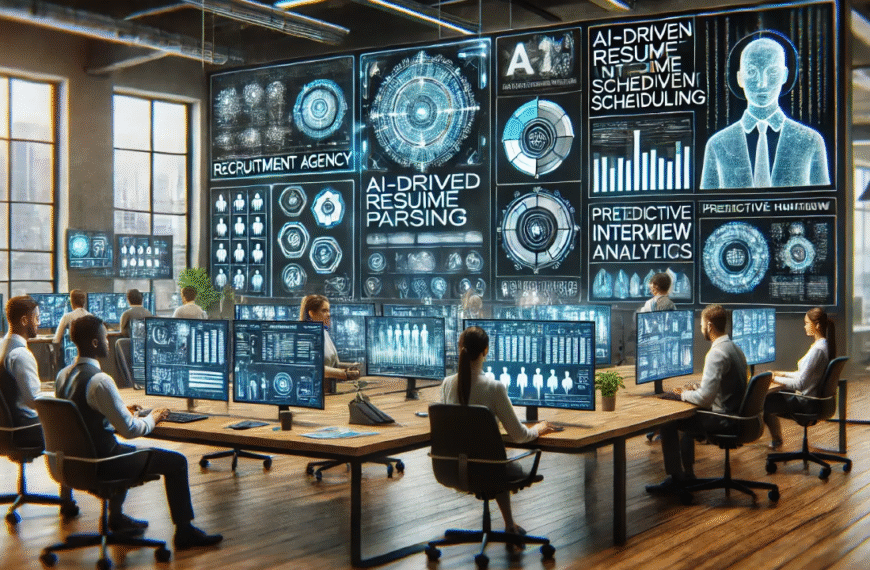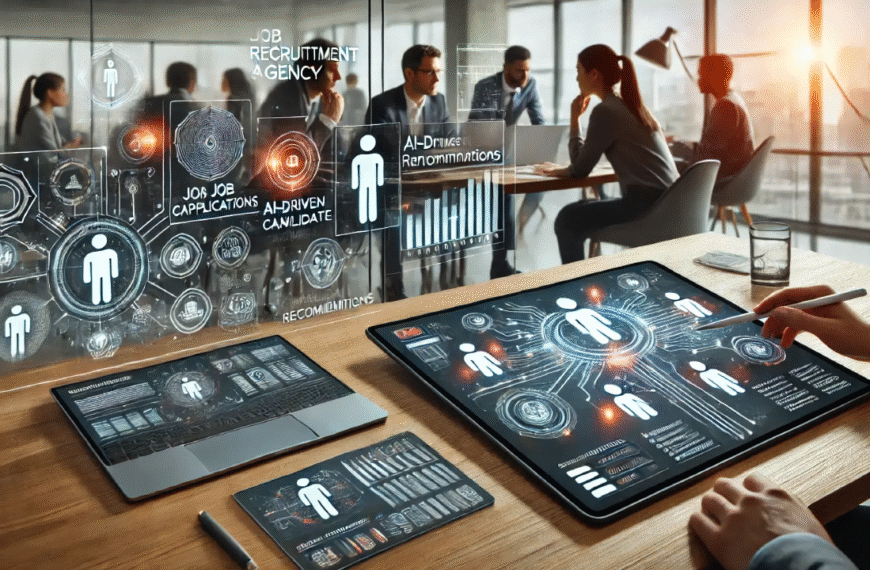Introduction
New Jersey businesses face increasing pressure to adopt sustainable practices—not just for compliance, but for cost savings and brand reputation. Traditional IT infrastructure consumes massive energy, generates e-waste, and contributes to high carbon emissions.
Managed network services providers NJ now offer eco-friendly solutions that reduce environmental impact while improving performance. From energy-efficient data centers to optimized cloud networks, sustainable IT is no longer optional—it’s a competitive advantage.
1. The Environmental Cost of Traditional Networks
Energy Waste in Conventional IT
- Data centers consume 2% of global electricity (IEA).
- Underutilized hardware (servers running at 10-15% capacity).
- 24/7 cooling demands for on-premise infrastructure.
E-Waste Problems
- Outdated network hardware fills landfills with toxic materials.
- Frequent upgrades due to inefficient legacy systems.
- No circular IT policies for recycling/refurbishing.
Pain Point: Most NJ businesses unknowingly waste 30-40% of IT energy costs due to poor optimization.
2. How Managed Network Services Providers NJ Enable Sustainability
A. Energy-Efficient Data Centers
- Renewable-powered hosting (solar/wind energy).
- AI-driven cooling systems reducing power usage by 40%.
- Server virtualization (1 physical server replaces 10+ underused ones).
B. Cloud Optimization
- Dynamic workload balancing to minimize idle servers.
- Carbon-aware computing (routes traffic to greenest data centers).
- Auto-scaling eliminates over-provisioning waste.
C. Eco-Friendly Hardware Strategies
- Leasing instead of buying (providers handle responsible recycling).
- Modular upgrades (replace only what’s obsolete).
- Hardware lifespan extension through remote maintenance.
3. Business Benefits Beyond Sustainability
| Advantage | Impact |
|---|---|
| Cost Savings | 20-30% lower energy bills |
| Tax Incentives | NJ Clean Energy Program rebates |
| Brand Value | Appeal to eco-conscious customers |
| Compliance | Meet NJ’s environmental regulations |
Case Study: A Trenton-based retailer cut IT energy costs by $18,000/year after switching to a managed network services provider New Jersey with green data centers.
4. Key Features of Sustainable Managed Networks
1. Power Monitoring & Analytics
- Real-time dashboards tracking energy use per device.
- Automated alerts for abnormal consumption.
2. Zero-Waste Network Design
- SD-WAN reduces hardware needs by 60%.
- Paperless documentation and electronic ticketing.
3. Circular IT Policies
- Take-back programs for old equipment.
- Partnerships with e-waste recyclers.
4. Remote Work Optimization
- VPNs that prioritize energy-efficient routing.
- Tools to measure remote employees’ digital carbon footprint.
5. Implementing Green IT: A Step-by-Step Guide
Phase 1: Assessment
- Conduct an IT carbon audit (measure current energy use).
- Identify “low-hanging fruit” (e.g., retiring unused servers).
Phase 2: Migration
- Shift workloads to energy-efficient cloud providers.
- Replace outdated routers/switches with Energy Star-rated models.
Phase 3: Optimization
- Schedule automated power-downs for non-critical systems.
- Train staff on sustainable digital habits.
Phase 4: Reporting
- Document emissions reductions for ESG reporting.
- Apply for NJ sustainability certifications.
6. Choosing the Right Eco-Conscious Provider
Selecting a managed network IT https://www.extnoc.com/managed-network-services-new-jersey/services provider New Jersey that prioritizes sustainability requires careful evaluation. Greenwashing—where companies falsely claim eco-friendly practices—is common, so verifying certifications and asking the right questions is crucial.
Must-Have Green Certifications
✔ ISO 14001 (Environmental Management)
- What it means: The provider follows globally recognized standards for reducing environmental impact.
- Why it matters: Ensures they have systems for waste reduction, energy efficiency, and pollution control.
- What to verify: Check if their certification is up-to-date and covers all data centers.
✔ Energy Star for Data Centers
- What it means: Their facilities meet strict energy efficiency guidelines set by the EPA.
- Why it matters: Energy Star-certified data centers use 40% less energy than conventional ones.
- What to verify: Ask for their Energy Star score (a rating of 75+ is considered efficient).
✔ LEED-Certified Facilities
- What it means: Their buildings meet Leadership in Energy and Environmental Design (LEED) standards.
- Why it matters: LEED-certified facilities use sustainable materials, renewable energy, and efficient water systems.
- What to verify: Check if they hold a Gold or Platinum LEED rating (higher tiers mean better sustainability).
Key Questions to Ask Potential Providers
1. “What percentage of your energy comes from renewables?”
- Why ask? Many providers claim to be “green” but still rely on fossil fuels.
- Good answer: “100% renewable” or “At least 80% from wind/solar, with offsets for the rest.”
- Red flag: Vague responses like, “We’re working toward sustainability.”
2. “Do you offer hardware recycling programs?”
- Why ask? E-waste is a major environmental issue—proper recycling prevents toxic landfill dumping.
- Good answer: “Yes, we partner with certified e-waste recyclers and provide take-back programs.”
- Red flag: “Clients handle their own hardware disposal.”
3. “Can you provide carbon impact reports?”
- Why ask? Transparency is key—real sustainability partners track and share their carbon footprint.
- Good answer: “We provide quarterly reports on energy use, emissions, and reductions.”
- Red flag: “We don’t measure that yet.”
Bonus Question:
“How do you optimize networks for energy efficiency?”
- Look for answers like:
- AI-driven power management (reducing idle server consumption)
- Carbon-aware routing (prioritizing green data centers)
- Hardware lifecycle extensions (delaying replacements to cut e-waste)
7. The Future of Sustainable IT in New Jersey
New Jersey is pushing aggressive sustainability laws—businesses must prepare now or face penalties.
✔ 2025 NJ Clean Energy Act & Stricter IT Efficiency Standards
- What’s coming: Mandates for energy-efficient data centers, mandatory carbon reporting.
- Impact on businesses: Non-compliant companies may face fines or restricted energy usage.
- How to prepare: Work with managed network services providers NJ that already exceed these standards.
✔ Carbon Taxes on Wasteful Infrastructure
- What’s coming: NJ may impose taxes on companies with high energy waste.
- Impact on businesses: Inefficient networks could become 20-30% more expensive to operate.
- Solution: Migrate to cloud-optimized, energy-efficient networks now.
✔ AI-Driven Energy Optimization as Standard Practice
- Trend: AI will automatically:
- Shift workloads to the most efficient servers.
- Predict and prevent energy waste.
- Optimize cooling systems in real time.
- Why it matters: Early adopters will see 40%+ energy savings versus competitors.
Conclusion: Sustainability Meets Performance
New Jersey businesses that partner with eco-friendly managed network services providers NJ gain:
✅ Lower operational costs through energy efficiency
✅ Regulatory compliance with evolving green laws
✅ Competitive differentiation as a sustainable brand
✅ Future-proof infrastructure ready for carbon taxes
Ready to green your IT? Contact leading managed network services providers New Jersey today for a free sustainability assessment.








